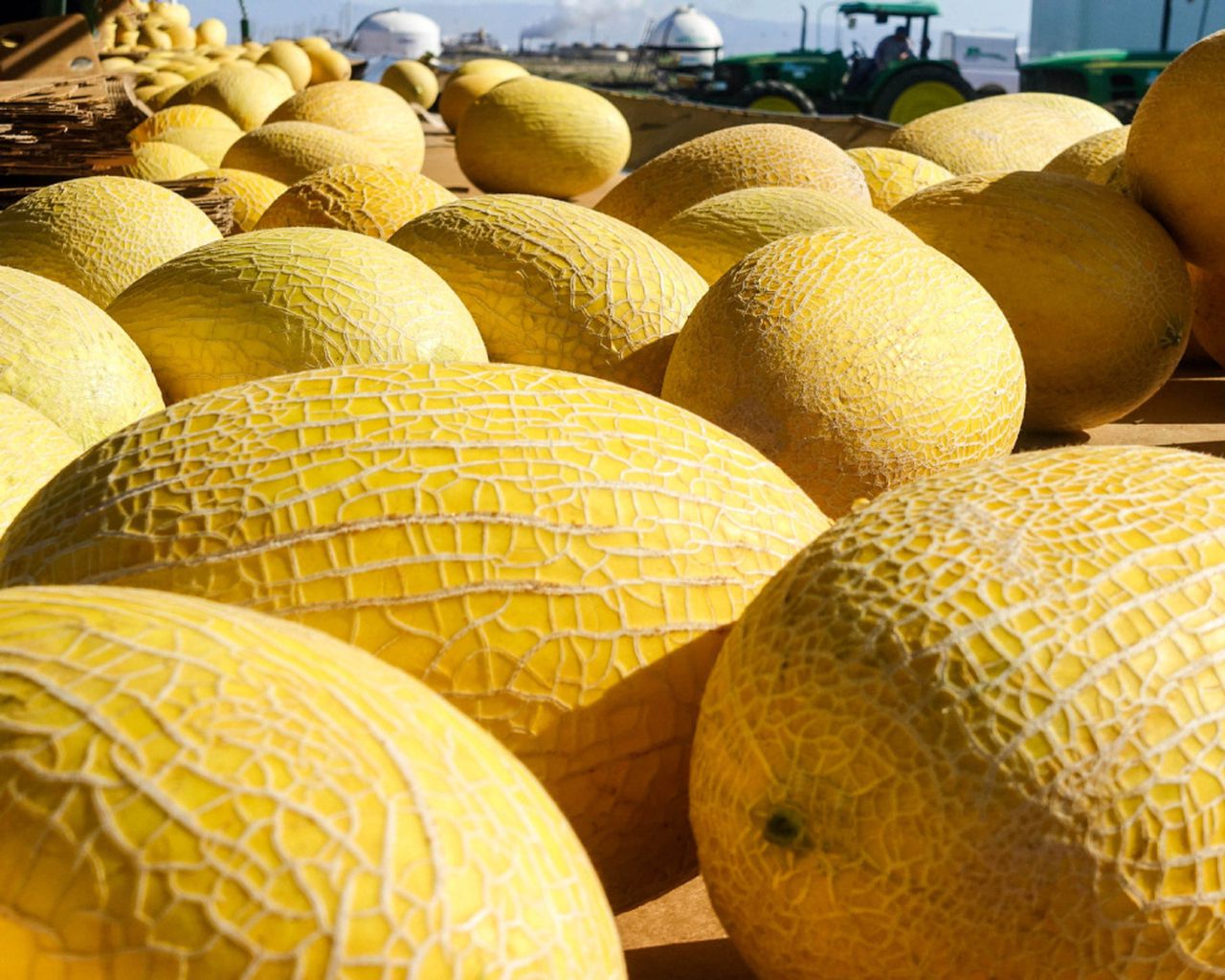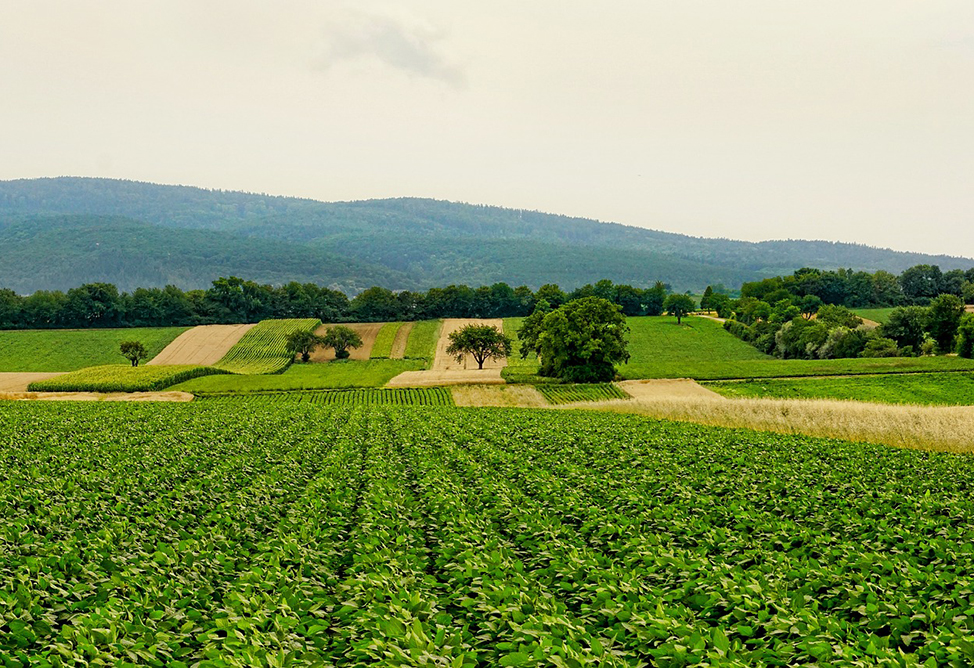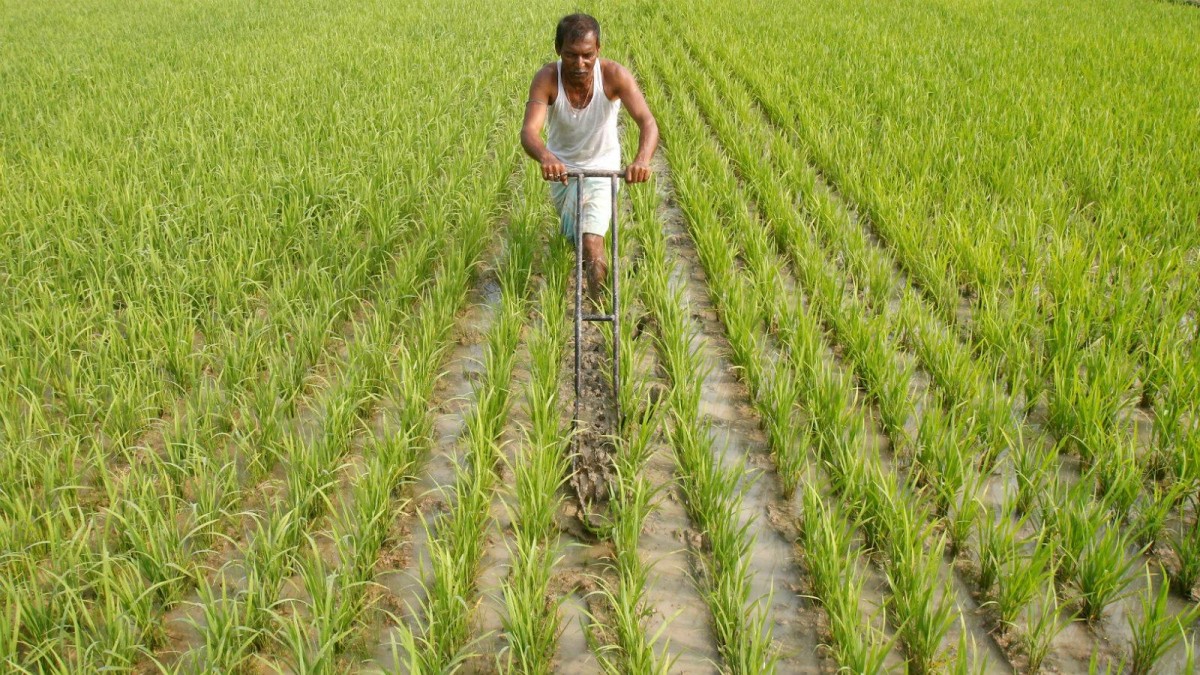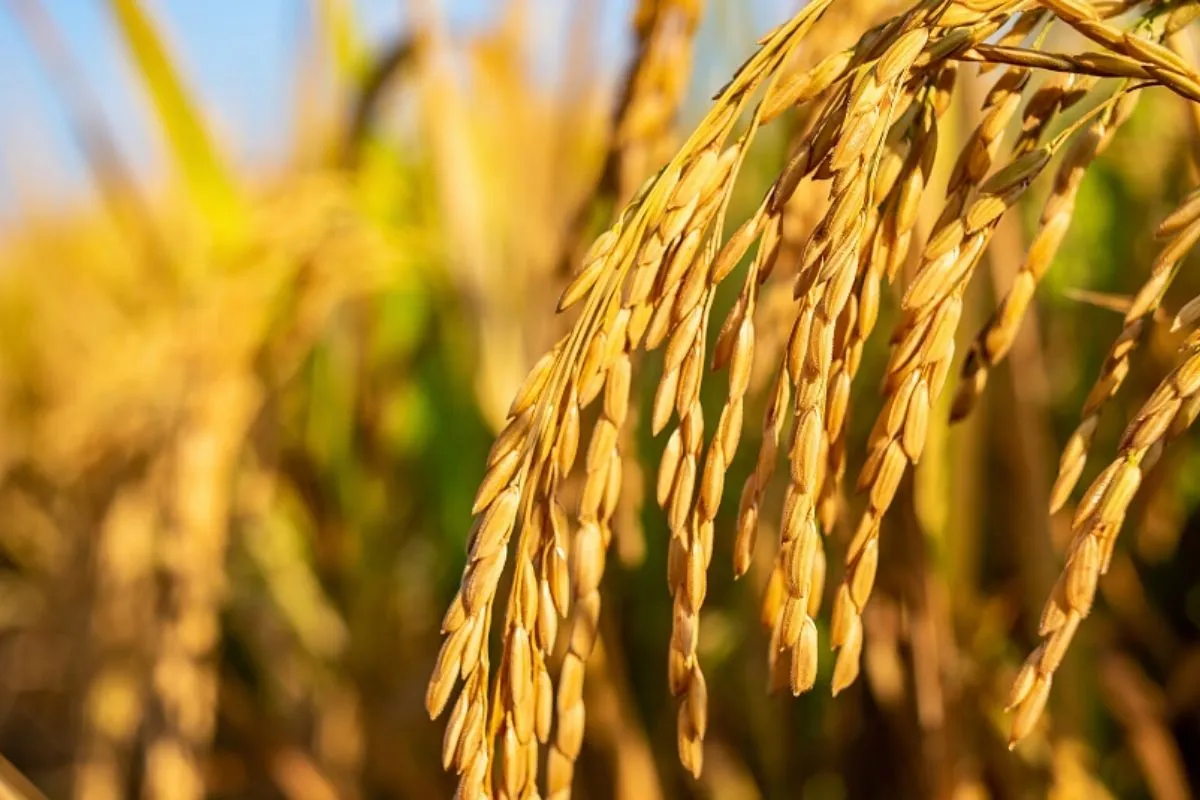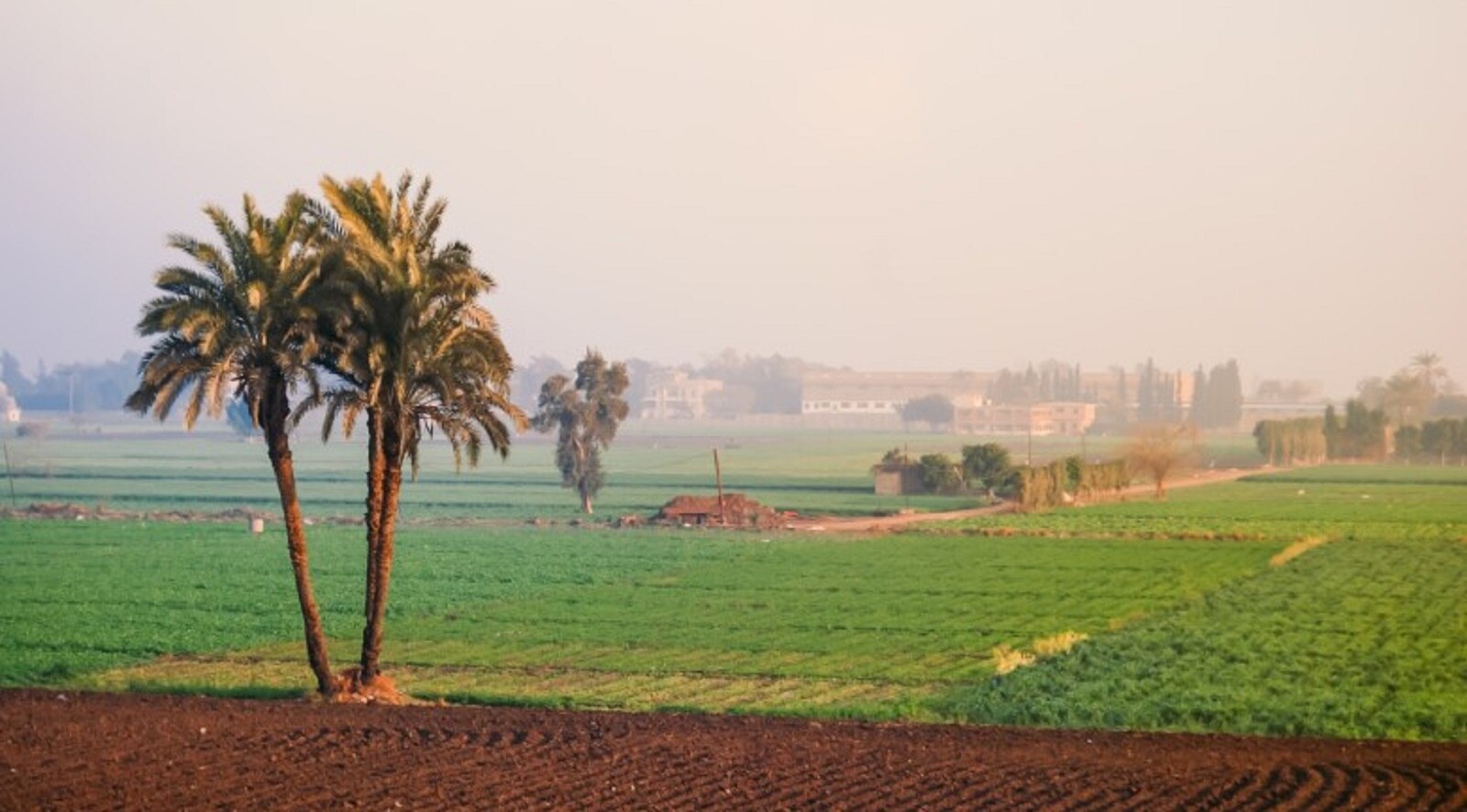The cold has slowed down Almeria's horticultural production after a whole cycle that could be defined as exhausting for plants. "The high autumn and winter temperatures weakened the plants and advanced all the crops. As a result, we started to see the quality problems that we normally see starting mid-February since the end of December,” stated Laura Rodriguez, of Green Valley Almeria, a supplier of Rodanto Group in the United Kingdom.
"In addition, the heat has led to an increase in pest problems, especially at the beginning of the campaign when producers had to uproot the most affected zucchini and tomato crops. There were lower yields and the end of the cycle arrived sooner than normal. That's why now that we are closing the campaign and production has dropped, it is difficult for us to find products with the quality we require for our customers.”
At the same time, as supply is lower, prices have increased. “The price of cucumbers has skyrocketed. However, it's worth noting that, in general, it has been very high throughout the campaign. Pepper prices have also been good, even though the yield per hectare has decreased this year because of all the weather-related issues and many farmers have already uprooted their plantations to start cultivating watermelon,” Laura stated. As a result of the scarcity of colored pepper, which is very important to produce the tricolor packs demanded in European retail, the yellow California peppers are being sold at more than 3 euro per kilo in the auctions of Almeria. “The cold has also stopped the production of eggplants and prices rebounded to 2.80 euro per kilo.”
“Zucchini prices were good at the beginning of the campaign because of the plantations that had to be uprooted, but the entry of Moroccan product has helped stabilize its price.” The zucchini from Morocco is the Spanish product's biggest competitor; in fact, from October 1 to April 20, Morroco can only send a total quota that in the 2021/22 campaign amounted to 56,000 tons.
“Buying from Spain guarantees you're buying a safe product”
Quality problems, and high prices as a result of inflation - which affects all processes - have further increased, if possible, the impact of import on Almeria's vegetables this campaign. “We are seeing more aggressive prices in the export market,” Laura stated. “We have also noticed that the markets are looking for other supply sources, such as Morocco, as the final sale price to consumers is very high. This is happening, not only in the United Kingdom but also in the other countries of Europe.”
“It is a worrying situation, because, while it's true that companies and marketers have to expand their suppliers to offer the best results to their customers, one must take into account that the food safety of the Spanish products is very high compared to that of other third countries. In that sense, buying from Spain guarantees you're buying a safe product.”
“Producers are more inclined to grow watermelons than melons”
The completion of the cycle of winter vegetables gives way to the spring cycle, which in Almeria is led by watermelon and melon. “Green Valley Almeria produces all watermelon varieties and we mainly produce yellow Galia and Cantaloup melon varieties,” Laura stated.
“This year, we've noticed that producers are more inclined to produce watermelons because the cultivation of melons is more complex. In addition, the production of yellow melon is decreasing. However, it is still a demanded export melon. In fact, we are already looking for suppliers of Chester and Roschester yellow melons to supply the British market throughout the campaign.”
Source - https://www.freshplaza.com


